how it is made?
Youssef Fares, the owner producer of Zejd, installed a modern press in the village of Beino in 2004. A more up to date mechanism means the process is carried out according to international standards. However modern the process, the olives are hand picked. The team who harvest in Beino have been doing so for most of their lives. They know that the olives mustn’t bruise to ensure the best quality oil. Twigs and leaves are removed before the olives are crushed and mixed with water. The paste is put into a centrifuge system so that the water separates from the oil. The resulting liquid is the “virgin” olive oil. It is left for a month before being filtered to allow for a better preservation of the oil.
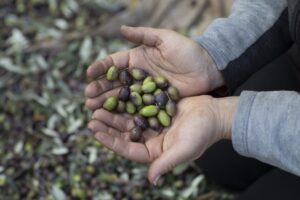
how many olives for 1 litre?
Each tree gives roughly 20 kilos of olives, and 5 kilos are needed to produce 1 litre of oil. Most Lebanese households will buy from someone they know who produces olive oil, and fill up a tank in their house. It’s not unheard of for a family of 4 to use more than 100 litres a year. It is the most essential part of the Lebanese diet.
to fry or not to fry?
Having looked at how different oils behave at high temperatures, Professor Tim Spector, in his book Food for Life is very clear about the results. The nutritionist states that extra virgin olive oil maintains its antioxidant characteristics when heated. “I recommend choosing it for cooking, baking and frying, even at high temperatures.” He even points out that an egg fried in EVOO has more health benefits than a poached one!
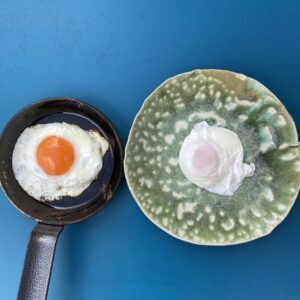
olive oil or extra virgin olive oil?
The International Olive Oil Council set requirements before the oil can be considered “extra virgin”. It must be extracted from unbruised olives, processed without chemicals (unlike seed oils) and the processing temperature must be lower than 28 degrees. It must also have an acidity level of less than 1%.
which is healthier?
EVOO. 100g of extra virgin olive oil contains 60mg of polyphenols, while olive oil, which is refined, contains 20mg. (Rapeseed oil contains just 3mg). For more details on the stability of oils in cooking, Food for Life has a table at the back of the book.
use
Not just for salads, pour over a plate of labneh (strained yoghurt) and marvel at the beauty of the gold colour. Frying potatoes with garlic and coriander is common in Lebanon. During the summer, the mild peppery flavour of Zejd’s EVOO adds so much to a bowl of pesto. Have you tried making chocolate mousse with extra virgin olive oil? Aside from its culinary wonders, we’ve even had customers who swear by its ability to heal rough skin!
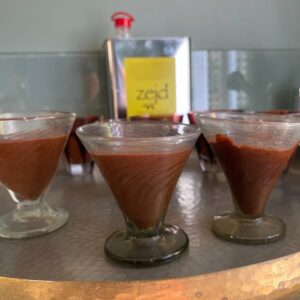
storage
Best kept away from heat and sunlight. If during the winter, the oil forms white deposits due to the cold, these will disappear as the EVOO comes back to an ambient temperature.
shipping
We take every care when packing up your purchase for the post. Wrapping the jars in honeycomb wrap paper, rather than bubblewrap, means you can compost all the packaging. We send the packages by Royal Mail or Parcel force so they can be tracked.
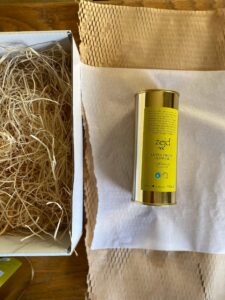
life after oil?
When the oil is finished, carefully open the top with a can opener to retrieve an extra teaspoon! The tins, when washed out, are useful as spaghetti holders or filled with water, for keeping herbs and even flowers! The labels peel off really easily leaving great looking tins in your kitchen.
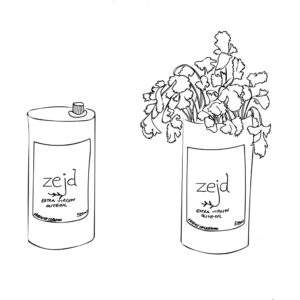
For more, see shorkk stories extra virgin olive oil
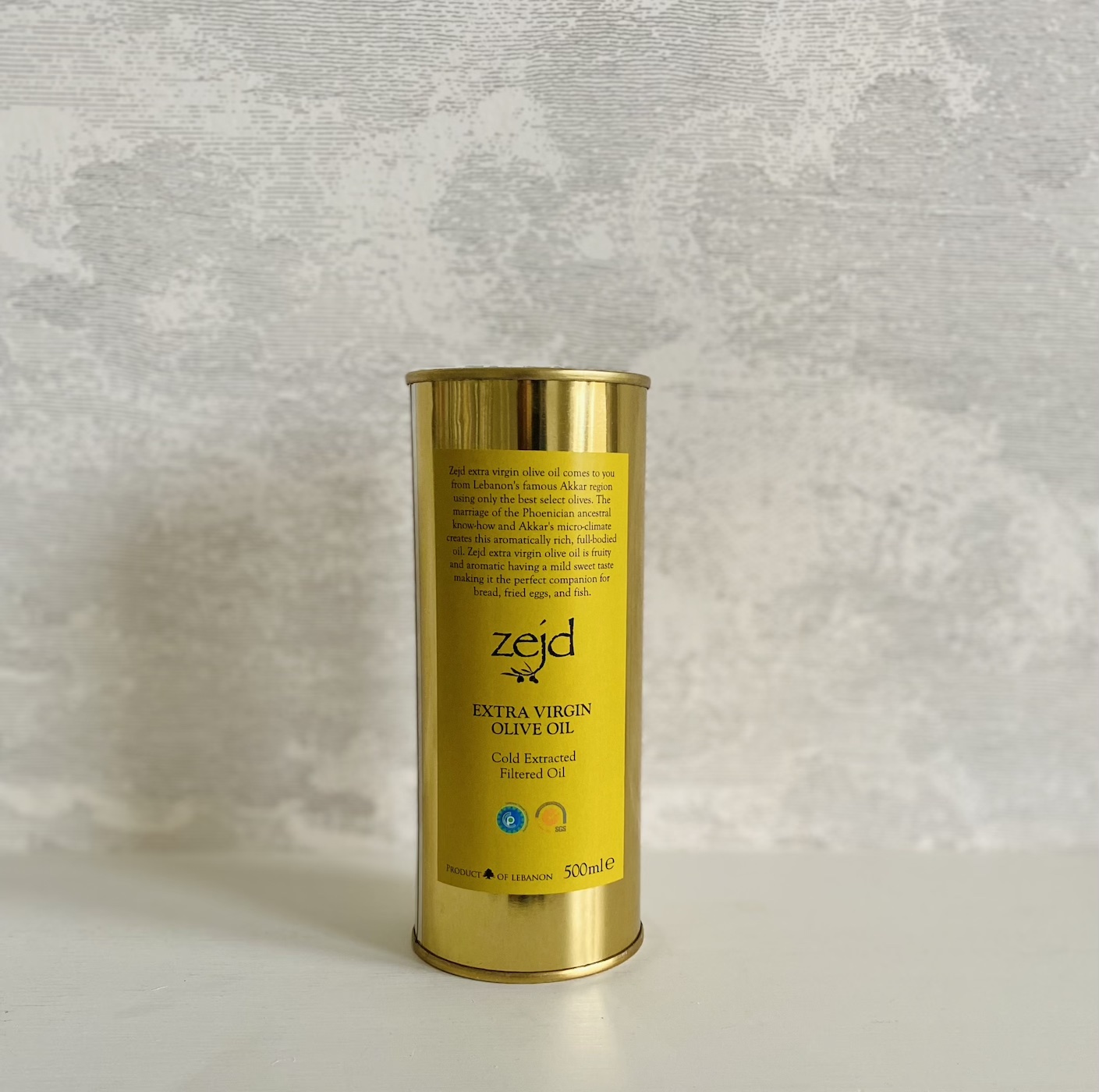
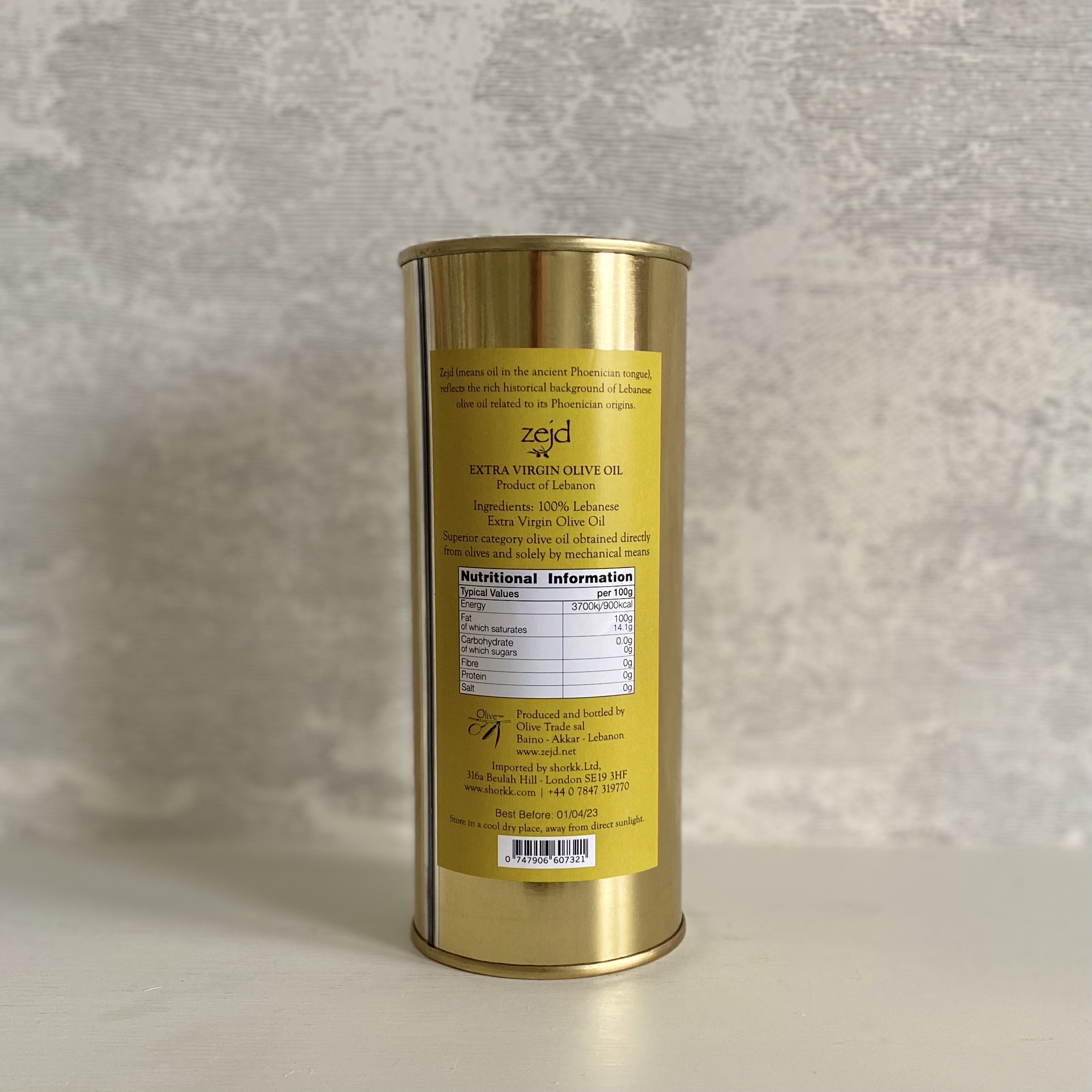
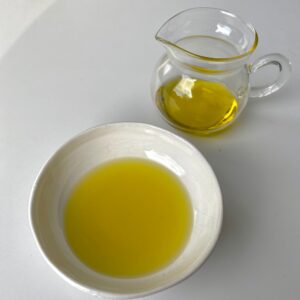
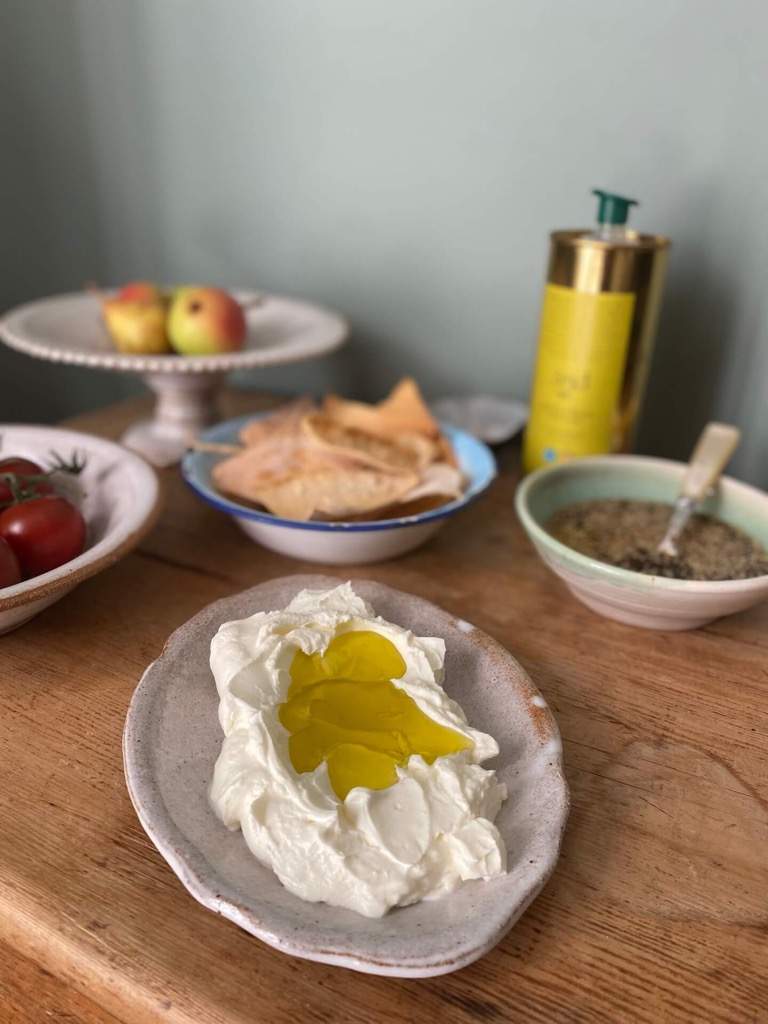
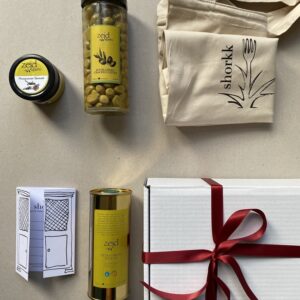
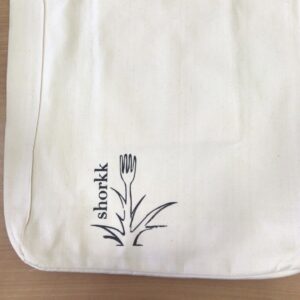
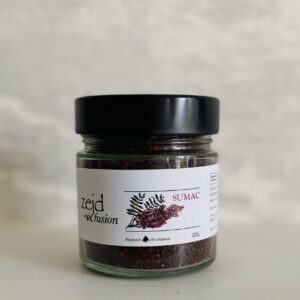
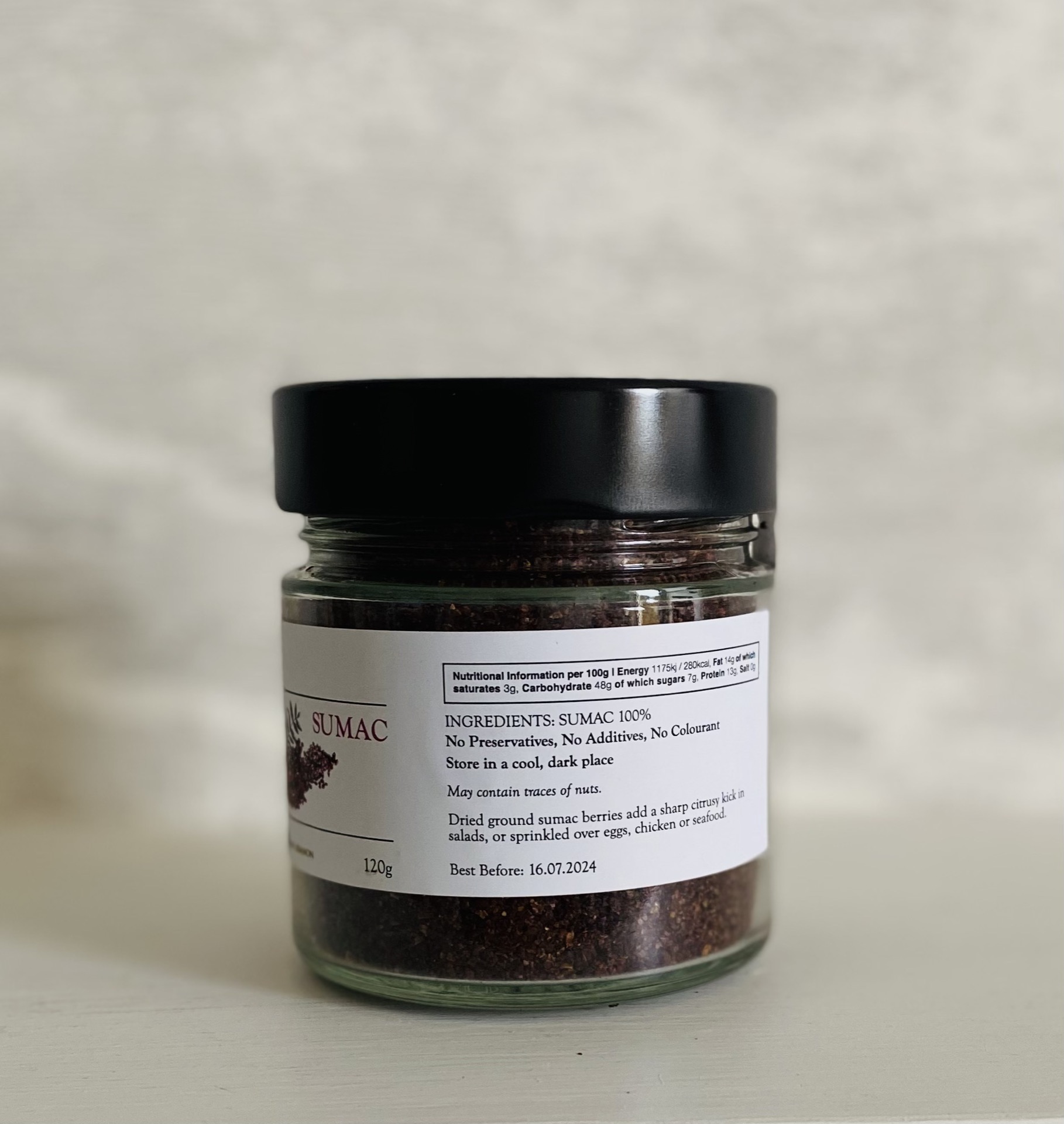
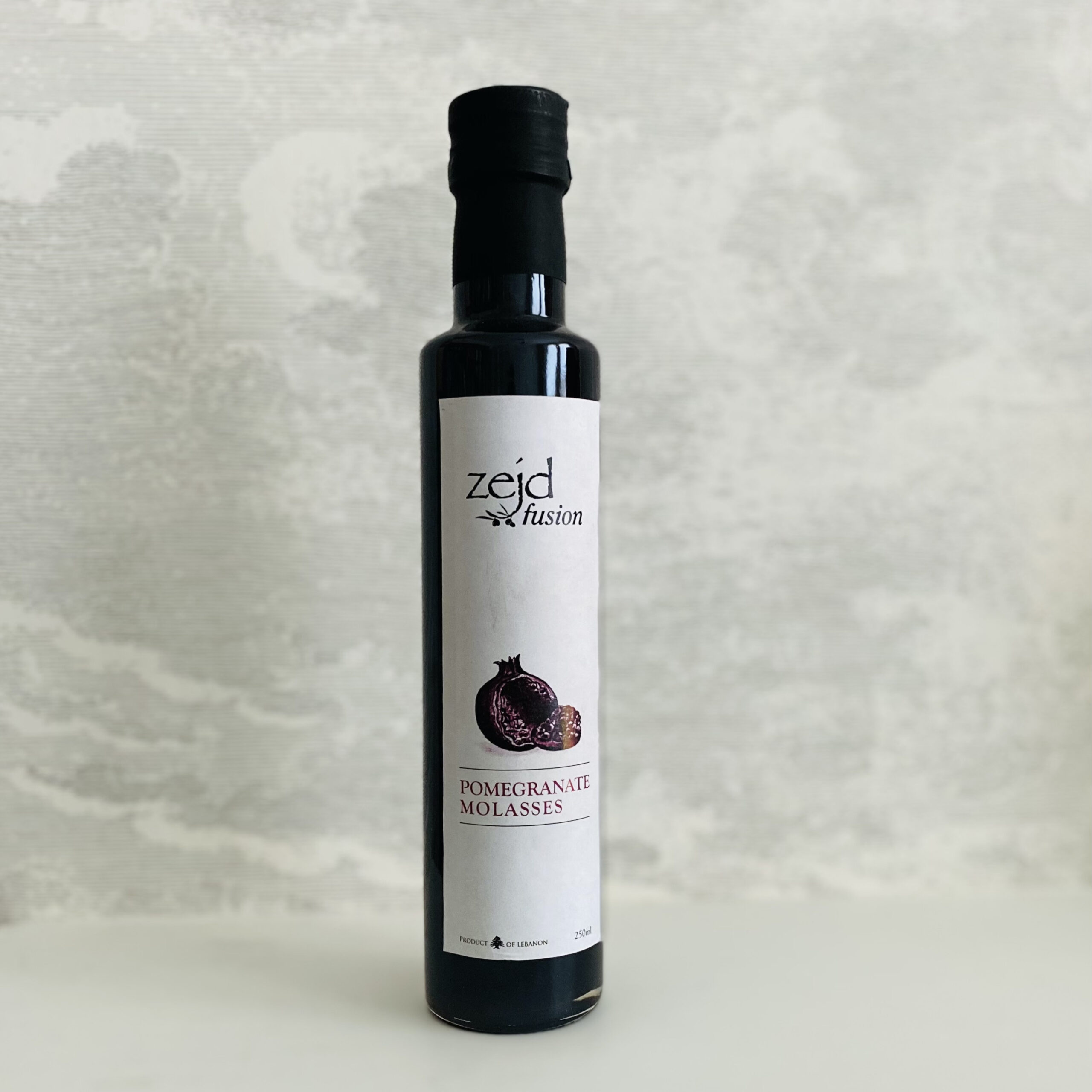
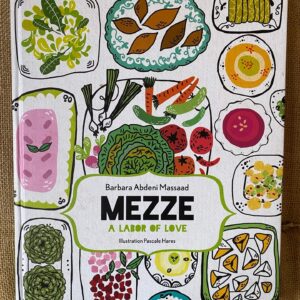
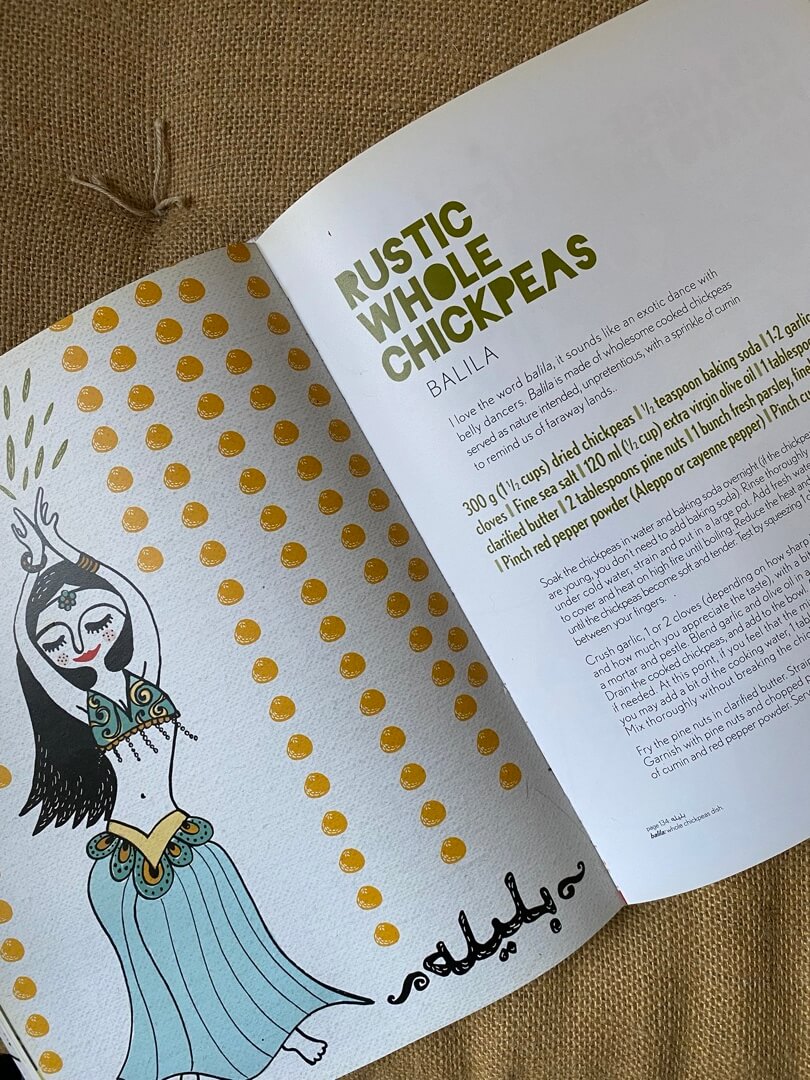
Luisa Ramazzotti –
Your olive oil tastes delicious! It is very different from any Italian or French olive oil I have had…intense but delicate…I think it must be the soil and the sun…very nice indeed!
miranda –
So pleased you can taste the difference – the souri olives are unique to the eastern Mediterranean – and well worth protecting.
David Crombie –
So pleased to find a beautiful soft and fragment olive oil – perfect with our fresh bread and salads…I’ve made a mental note to buy as special gourmet presents for my friends it’s so good!
miranda –
Thank you so much for your kind words – we’re delighted that you like the gentleness of the olive oil. Lucky friends!
Vivienne Calgaro-Stewart –
Just tasted this beautiful oil with a touch of balsamic vinegar and bread. So, so delicious. Definitely a convert to this sweet and subtle nutty flavour.
miranda –
So glad you like the oil – it’s so delicious as you say as a dip. Thank you for your kind review!